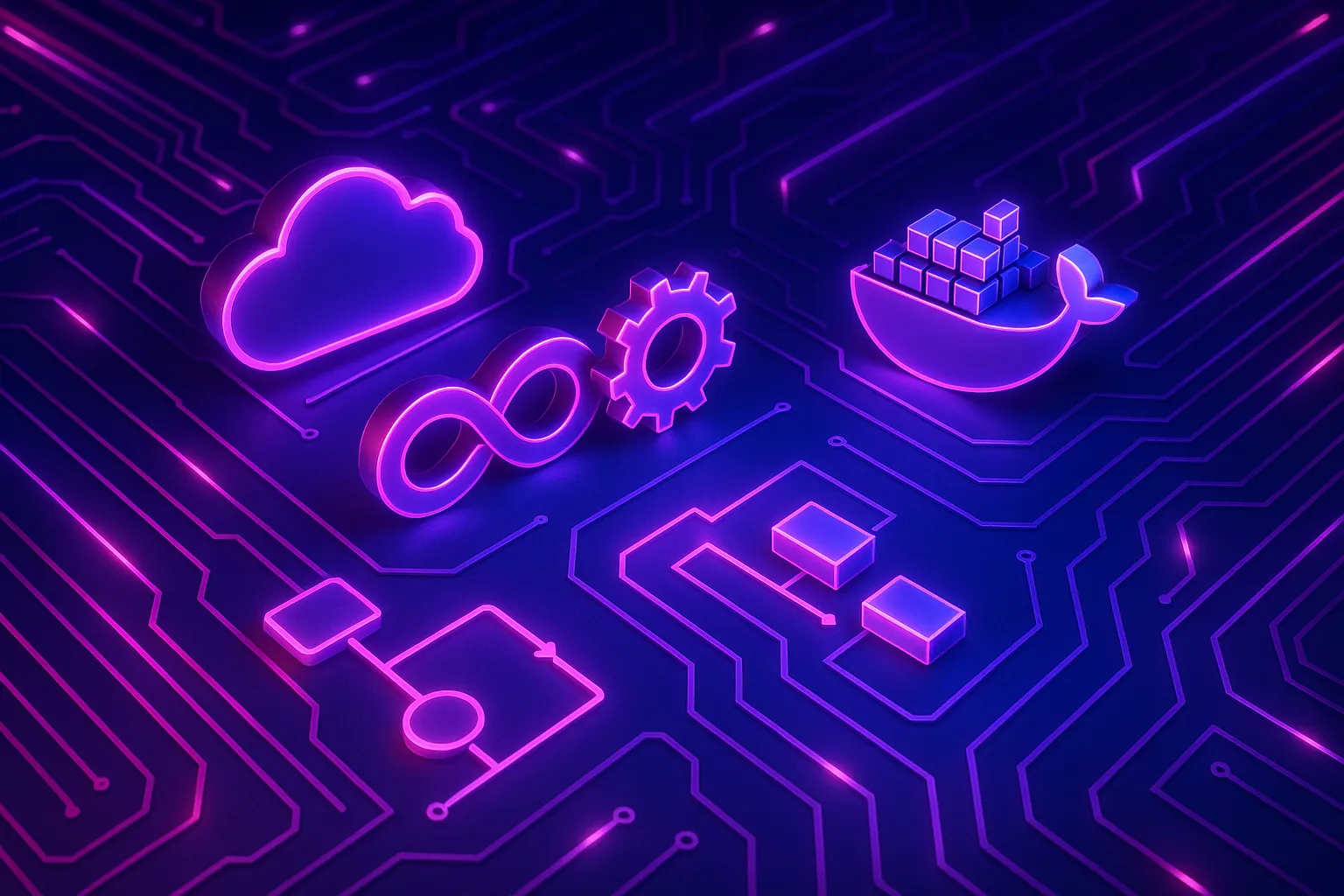
In today's digital age, where cloud computing drives innovation, mastering Google Cloud Platform (GCP) offers a strategic advantage. GCP is not just another cloud provider; it is a powerhouse of scalable and secure services that can transform business operations. This article unravels the intricacies of GCP architecture, detailing key components while offering best practices to optimize its extensive offerings.
The Inner Workings of Google Cloud Platform: Unlocking Potential
Google Cloud Platform's (GCP) architecture is built on a global network of first-rate data centers. This infrastructure supports a comprehensive suite of cloud services designed for high reliability, expansive scalability, low latency, and robust security. GCP caters to businesses ranging from startups to Fortune 500 companies, accommodating diverse industry needs effectively.
At the heart of GCP are its major components: Compute Engine, App Engine, Kubernetes Engine, Cloud Storage, and BigQuery. Compute Engine allows you to run scalable virtual machines, while App Engine simplifies the development and deployment of applications. Kubernetes Engine manages containerized applications efficiently, and with Cloud Storage and BigQuery, organizations can store and analyze vast amounts of data seamlessly.
Core Components Redefined for Maximum Impact
Compute and Container Services: GCP's Compute Engine, App Engine, and Kubernetes Engine are designed to meet varying computational demands. Consider deploying virtual machines with Compute Engine or using App Engine for a serverless experience, eliminating infrastructure worries. Harness Kubernetes Engine to manage containerized workloads smoothly.
Efficient Storage Solutions: Google Cloud Storage provides an all-in-one storage solution, supporting data from any source. For transactional and relational databases, Google Cloud Spanner offers unmatched scalability and consistency.
Robust Networking Capabilities: The Google Virtual Private Cloud allows you to create custom network configurations. With Google Cloud Load Balancing, you can distribute resources globally, ensuring seamless service availability and reliability.
Advanced Data and Analytics: BigQuery stands as a testament to GCP’s prowess in data analytics, enabling interactive querying of large datasets using SQL. Organizations can extract actionable insights at scale effortlessly.
AI and Machine Learning Flexibility: Tap into Google's expertise with solutions like AutoML and TensorFlow. These tools empower businesses to craft sophisticated AI models with minimal complexity, unlocking new opportunities for innovation.
Achieving Operational Excellence: Best Practices for GCP
To harness GCP’s offerings effectively, embracing industry best practices is key. Here's how:
Scalability at the Core: Craft an architecture that adapts fluidly to workload changes. Managed services like Kubernetes Engine enable scaling with reduced manual oversight.
Ensuring Security: Fortify your environment with rigorous security practices, leveraging GCP's Identity and Access Management (IAM) and Key Management Service (KMS) for reinforced data protection.
Optimizing Costs: Use Google Cloud Billing for financial oversight and efficiency. Commitment-based discounts can aid in long-term budgeting and resource planning.
Enhancing Performance: Utilize Stackdriver for comprehensive monitoring and optimization of cloud services to maintain peak performance, identifying issues before they escalate.
Robust Disaster Recovery: Implement a solid disaster recovery strategy, ensuring data resilience through multi-region deployments to minimize data loss and downtime.
A Strategic Journey with Google Cloud Platform
Understanding Google Cloud Platform is more than a technical endeavor—it's vital for staying competitive in a fast-evolving market. Mastering GCP allows businesses to enhance efficiency, scalability, and security while driving innovations forward. Consider how implementing these practices could elevate your operations. Have you explored all that GCP offers? Share your experiences or questions below and continue the conversation around leveraging cloud technology to propel your business to new heights.

